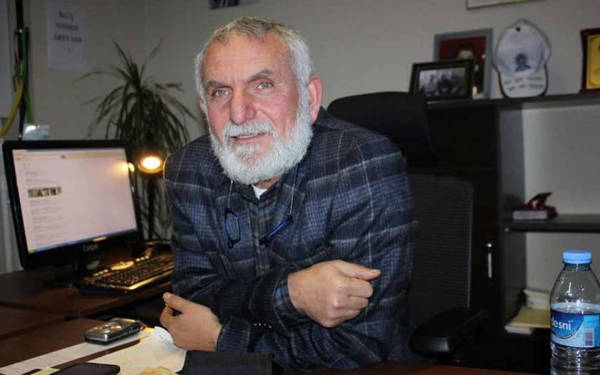In a recent move to address Turkey's economic challenges, Treasury and Finance Minister Mehmet Şimşek has announced a package aimed at reducing public spending by 100 billion liras (~3.1 billion US dollars). The plan, which includes a series of austerity measures, has sparked debate among economists and the public alike.
The measures include limiting new public personnel hires, increasing housing rents for government lodgings, and eliminating certain transportation services offered to public employees. These changes are expected to significantly influence the lives of public employees and the broader population.
Dr. Cem Oyvat, an economist at Greenwich University, has offered a critical analysis of the package, highlighting its potential impact on public sector employees and the quality of education and healthcare services. According to Oyvat, the package could adversely affect the living conditions of civil servants, teachers, and doctors, thereby indirectly impacting the citizens who rely on these essential services.
“The proposed reforms are set to impact the lives of civil servants, including teachers and doctors, who constitute a significant portion of the public workforce. The implications extend further, affecting those who rely on education and healthcare services,” he said.
“Turkey is already grappling with challenges in both its education and healthcare sectors, compounded by an aging and growing population, which increases the demand for healthcare services. There is a looming issue with serious care expenses.
“If cuts are made to these crucial areas, it would mean reducing essential expenditures that could shape the future, essentially condemning citizens to poorer quality education and healthcare services.”
On the positive side, Oyvat acknowledges the package's efforts to limit vehicle rentals and purchases, decisions related to public buildings, and initiatives to enhance energy efficiency. “Reducing public spending can lead to a smaller budget deficit, a lower current account deficit, and reduced public debt, which is positive.
“However, one of the goals of the austerity package is to slow down the economy by limiting growth. This will likely have a negative impact on employment and increase unemployment.”
“Increase taxes on the wealthy”
However, concerns remain about the scope of the package's implementation and whether it will extend to high-ranking officials, says the economist. “There is also skepticism about how extensively the austerity measures will be implemented. For instance, will the package affect top-level bureaucrats, ministers, deputy ministers, and the president?
“The use of official vehicles by high-level public employees and bureaucrats has always been a hot topic in Turkey, particularly because almost all of these vehicles are imported.
“I would also like to see, at least symbolically, the sale of a few of the President's 13 aircraft. Not only do these planes represent a cost to the public, but selling them would send a message to the citizens, showing that everyone is tightening their belts. However, such a step has not been taken as expected.”
Oyvat also calls for the introduction of targeted income and wealth taxes to achieve savings without impacting the welfare of the general population. “An important way to save without affecting the welfare of the public is to increase taxes on the wealthy. Moreover, this approach would yield far more beneficial results than the current austerity package." (HA/VK)












